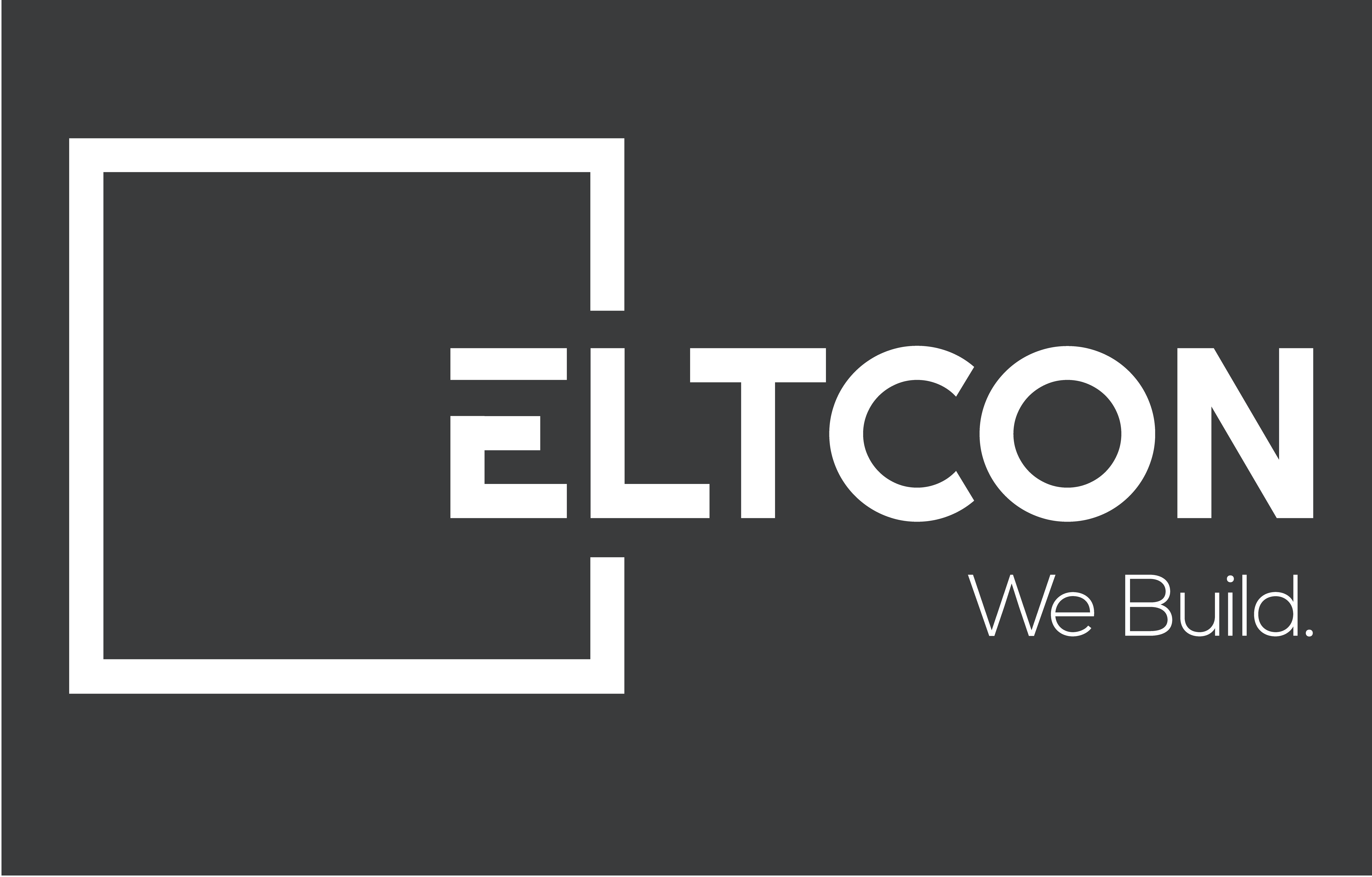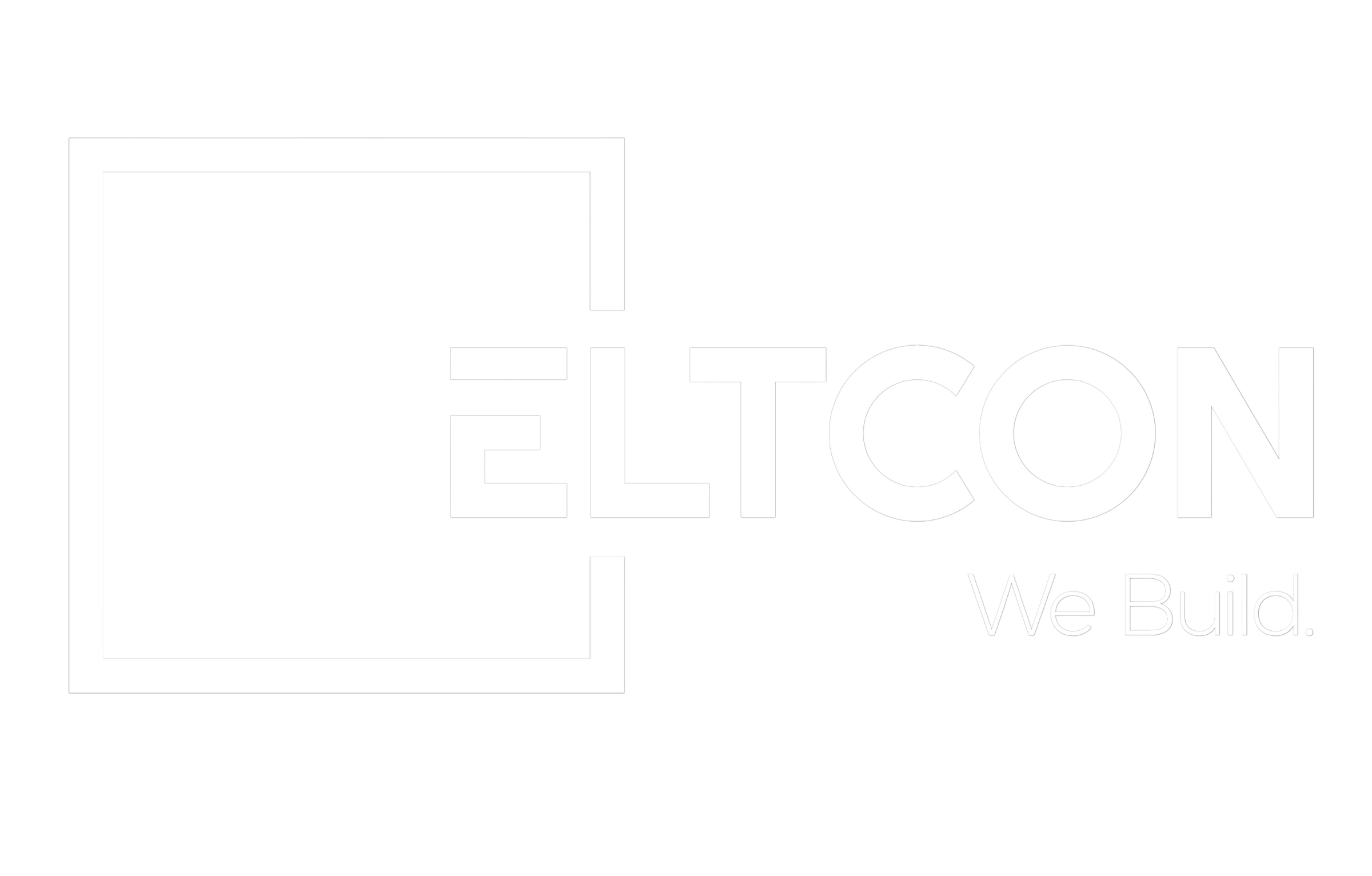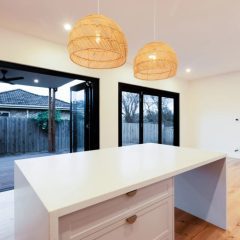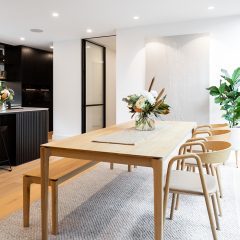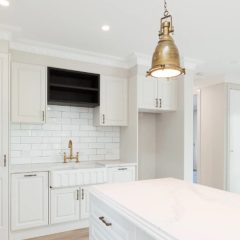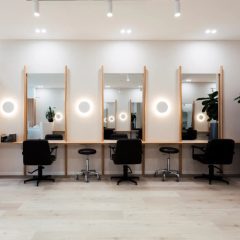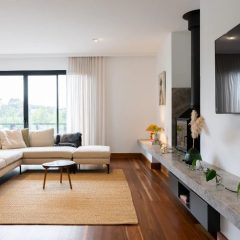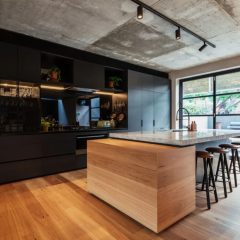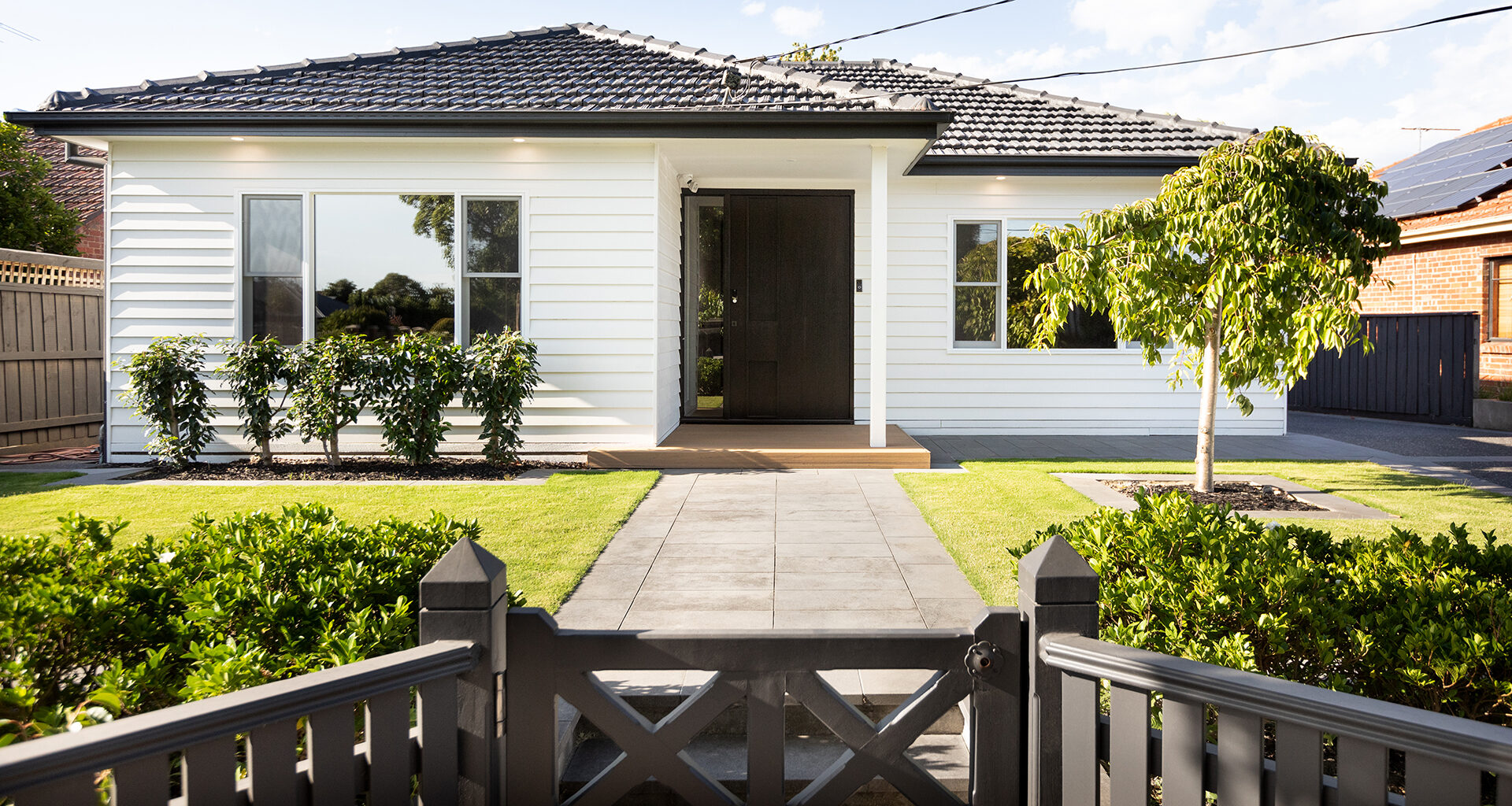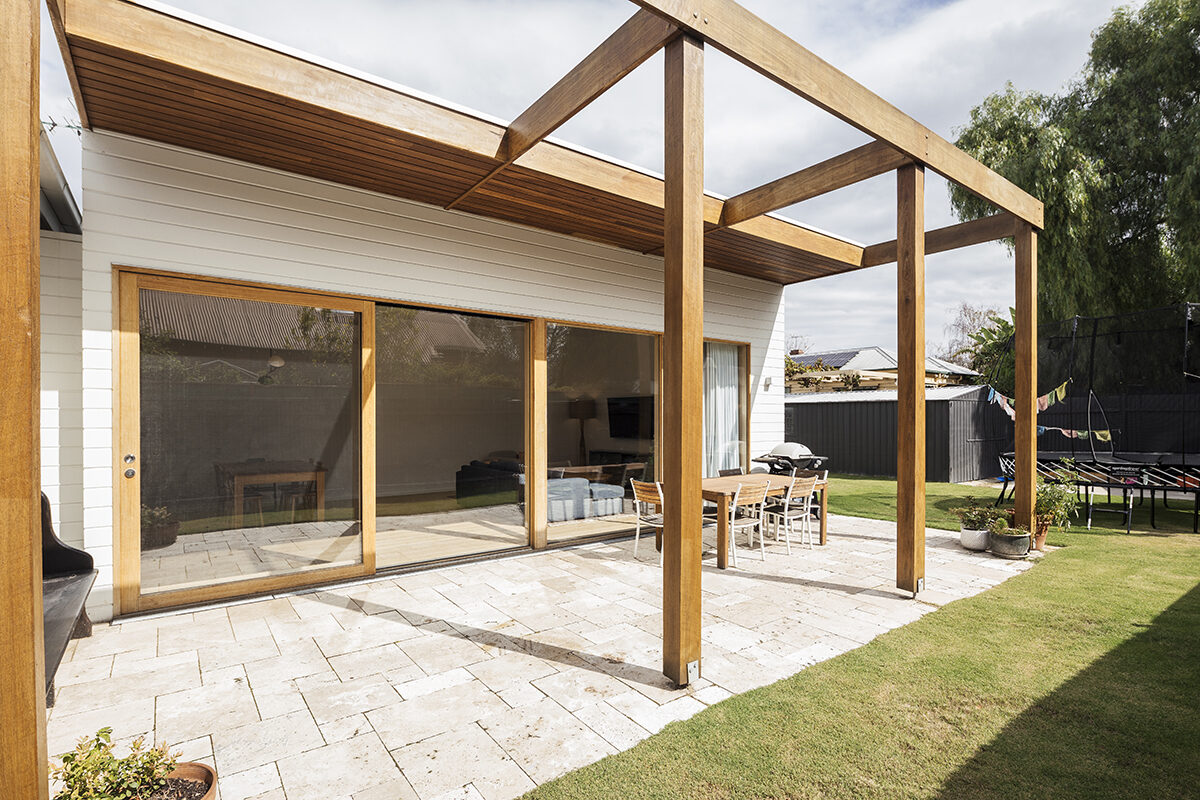What to Look for Before Buying a House to Renovate
With house prices on the rise, it is becoming more common for prospective home buyers to purchase a home that needs fixing up rather than one that is turn-key ready, especially if they have their heart set on living in a particular area.
A common question we receive when people are looking to purchase a home for immediate renovation is – how much will it cost to renovate? This is impossible to answer but let’s outline some things to consider before buying a home to renovate:
What is the structural integrity of the house?
One of the most crucial aspects to assess before purchasing a house to renovate is its structural integrity. Engage a qualified building inspector or structural engineer to thoroughly examine the property for any signs of structural damage or issues. Some things to look out for include:
- The presence of asbestos;
- Whether it has a leaky roof or not;
- Any water damage;
- Whether the home needs restumping
Identifying and addressing these issues early on can save you from costly surprises down the line.
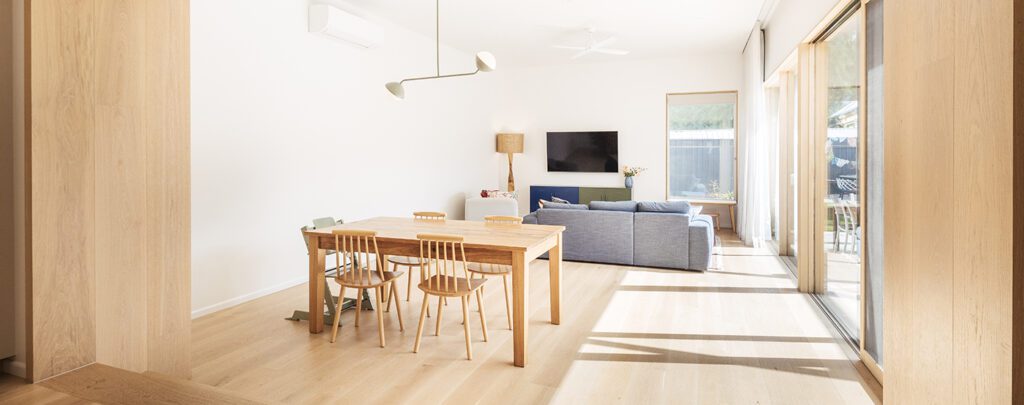
Is there a potential for expansion?
If you’re planning to extend the property, evaluate its potential for expansion. Consider factors such as:
- The size of the block
- The location of any easements on the property
- Position of the house in relation to the sun
- Local council regulations
- The feasibility of obtaining planning permits.
Working with an experienced architect can help you envision the possibilities and navigate the complexities of planning regulations.
Budget considerations
Renovating a house can quickly escalate in costs if not carefully managed. Before making an offer, establish a realistic budget for both the purchase of the property and the renovation works. Factor in contingencies for unforeseen expenses and prioritise renovations that add value to the property. To understand the costs to build you can download our guide accessible on our homepage.
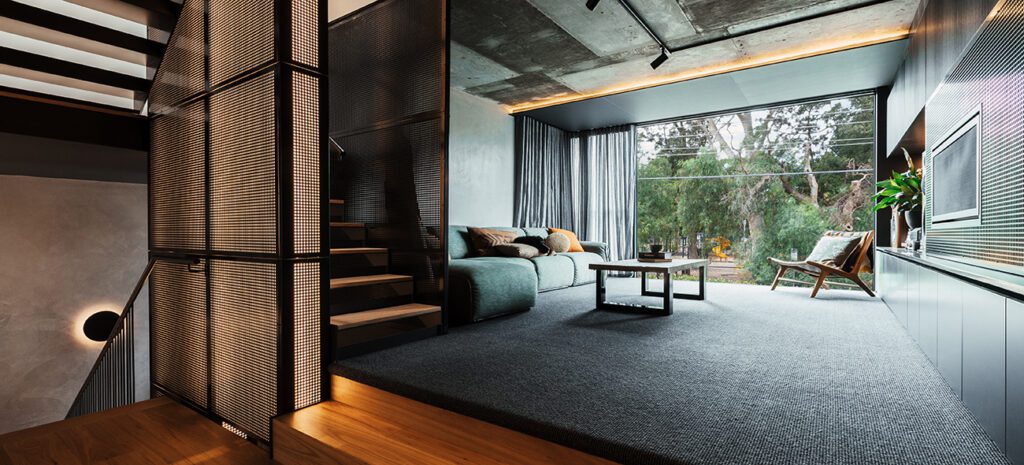
How energy efficient is the current house?
With rising energy costs and growing environmental awareness, consider the energy efficiency of the property. Look for features such as insulation and double-glazed windows. This is particularly important if you are planning on only renovating part of the house. What parts of the existing house can you leave untouched?
What factors can be saved
There are so many beautiful older homes in Melbourne that have so much character. If your plan is to renovate the house, look for what elements can be saved and repurposed into the renovation. For example, ceiling roses, doors or windows and hallway arches.
Resale Potential
While you may have grand renovation plans, it’s essential to consider the resale potential of the property. Opt for renovations that appeal to a broad range of potential buyers and avoid overly niche or personal design choices. Consult with real estate agents to understand market trends and buyer preferences in your chosen area.
Professional Advice
Renovating a house is a significant undertaking, so don’t hesitate to seek professional advice. Work with reputable builders, architects, and tradespeople who have experience in renovating properties. Collaborating with professionals can help you navigate the renovation process smoothly and achieve the desired results.
Location, Location, Location
The age-old adage still holds true. Before diving into a renovation project, thoroughly research the location of the property. Consider factors such as proximity to schools, public transport, amenities, and potential for capital growth. In Melbourne, suburbs experiencing gentrification or redevelopment may offer excellent opportunities for renovation projects.
Is it better to knock down & rebuild rather than renovate or extend?
Often the more affordable and smarter option is to just start again. Key considerations include the scope of work required to achieve the home that you desire, the costs associated with that and the budget allocation. We dive deeper into these factors here.
Buying a house to renovate in Melbourne can be the perfect step to creating your forever home but costs can escalate quickly. With the right planning and expertise, you can transform a dated property into a stylish and functional home that reflects your lifestyle and tastes. Be sure to consider factors such as location, structural integrity, design, budget, and resale potential, so you can embark on a renovation project with confidence.

